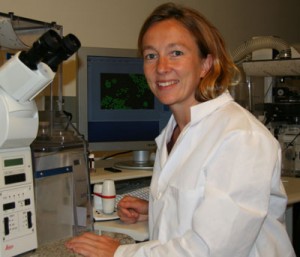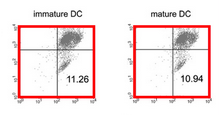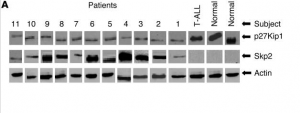 A retracted 2008 paper originally flagged by Clare Francis has been republished in Environmental Health Perspectives with updated figures and new data.
A retracted 2008 paper originally flagged by Clare Francis has been republished in Environmental Health Perspectives with updated figures and new data.
According to the editor’s note appended to the newly published paper, there was no evidence of intentional misconduct on the part of the authors. The new paper went through peer review as an entirely new submission, and comes to the same conclusion as the original: Continue reading Retracted paper on herbicide-ovarian cancer connection republished








